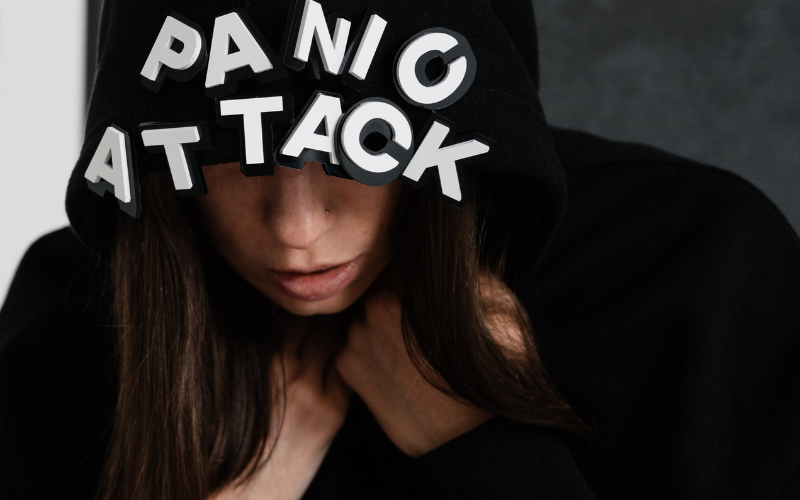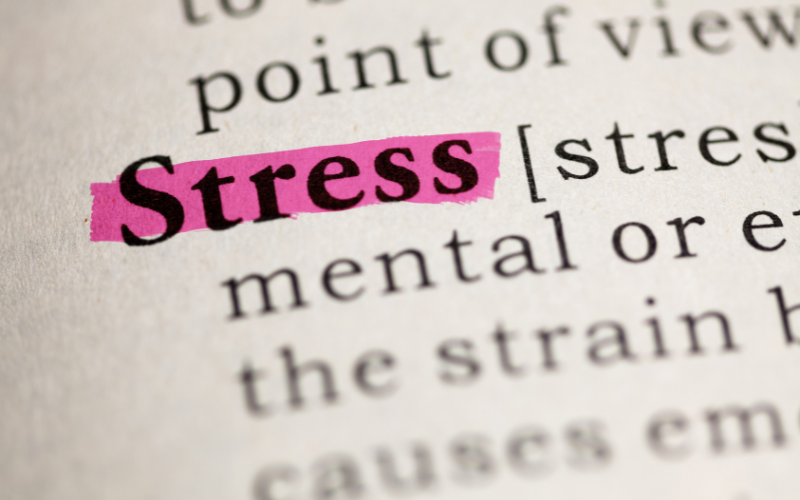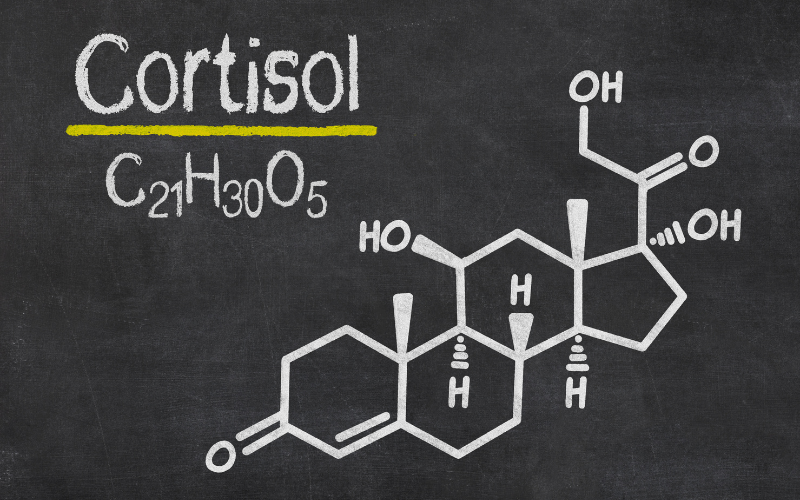As humans, we are all susceptible to periods of intense trepidation or unease, however, for certain individuals, these emotions can be overpowering, resulting in a panic attack. Panic attacks, a classification of anxiety disorder, are characterized by sudden and recurring episodes of intense fear or discomfort, frequently accompanied by physical symptoms such as perspiration, rapid heartbeat, and dyspnea. In this comprehensive compendium, we shall investigate the etiologies, symptoms, and therapeutics for panic attacks, as well as provide pragmatic pointers for managing and forestalling them.
What is a Panic Attack?
A panic attack is an abrupt upsurge of intense fear or discomfort that attains its zenith within minutes and can persist for several hours. Panic attacks can be instigated by sundry elements such as stress, trauma, and anxiety disorders. Symptoms can comprise rapid heartbeat, perspiration, tremors, dyspnea, and a sense of impending disaster.
Causes of Panic Attacks
Panic attacks can be triggered by sundry elements such as heredity, milieu, and life occurrences. Investigations have exhibited that panic disorder can be heritable, and individuals with a familial history of anxiety disorders may be more susceptible to encountering panic attacks. Traumatic life occurrences such as maltreatment, disease, or mishaps can also precipitate panic attacks.
Symptoms of Panic Attacks
The manifestation of panic attacks can give rise to a constellation of both corporeal and affective indications. The somatic symptoms that can arise in response to a panic attack may include:
- an accelerated cardiac rhythm
- perspiration
- convulsions
- a compressed feeling of breath
- nausea
- thoracic discomfort
- sudden sensations of heat or cold
- vertigo or faintness
Emotional symptoms that may accompany a panic attack include:
- pervasive sense of terror in anticipation of losing control or sanity
- terror of expiring,
- feeling of disengagement from actuality,
- overarching and unrelenting sense of worry or dread
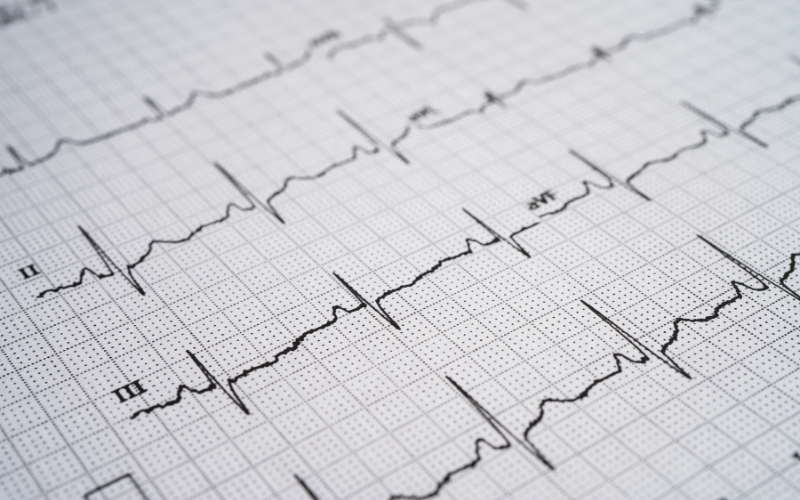
Diagnosing Panic Attacks
To diagnose panic attacks, a healthcare professional will typically conduct a physical exam, review the patient’s medical history, and perform various diagnostic tests to rule out any underlying medical conditions.They may also use the Diagnostic and Statistical Manual of Mental Disorders (DSM-5) to diagnose a panic disorder.
Treating Panic Attacks
Panic attacks can be treated with various types of therapy and medications. Cognitive-behavioral therapy (CBT) is a type of therapy that has been shown to be effective in treating panic attacks. CBT focuses on identifying and changing negative thought patterns and behaviors that contribute to anxiety and panic attacks. Medications such as selective serotonin reuptake inhibitors (SSRIs) and benzodiazepines may also be prescribed to treat panic attacks.
Coping Strategies for Overcoming Panic Attacks
If you experience a panic attack, there are several coping strategies you can try to manage the symptoms. These include:
- Deep breathing exercises
- Mindfulness meditation
- Muscle relaxation techniques
- Engaging in physical exercise
- Seeking social support
- Avoiding caffeine and alcohol
Prevention of Panic Attacks
There are several lifestyle changes you can make to prevent panic attacks from occurring. These include:
- Regular exercise
- Healthy diet
- Adequate sleep
- Stress management techniques such as meditation and yoga
- Avoiding triggers such as caffeine and alcohol
- Seeking professional help if necessary
FAQS
Can panic attacks be cured?
While there is no known cure for panic attacks, they can be effectively managed with therapy and medication.
How long does a panic attack last?
Panic attacks typically last for a few minutes, but can sometimes last for several hours.
Can panic attacks be triggered by certain foods?
Yes, certain foods such as caffeine and alcohol can trigger panic attacks in some individuals.
Can panic attacks lead to other health problems?
If left untreated, panic attacks and panic disorder can lead to other health problems such as depression, substance abuse, and even suicide. It’s important to seek professional help if you experience recurring panic attacks.
Is it normal to experience panic attacks?
While it’s normal to experience feelings of anxiety and fear, recurring panic attacks may be a sign of an underlying anxiety disorder that requires treatment.
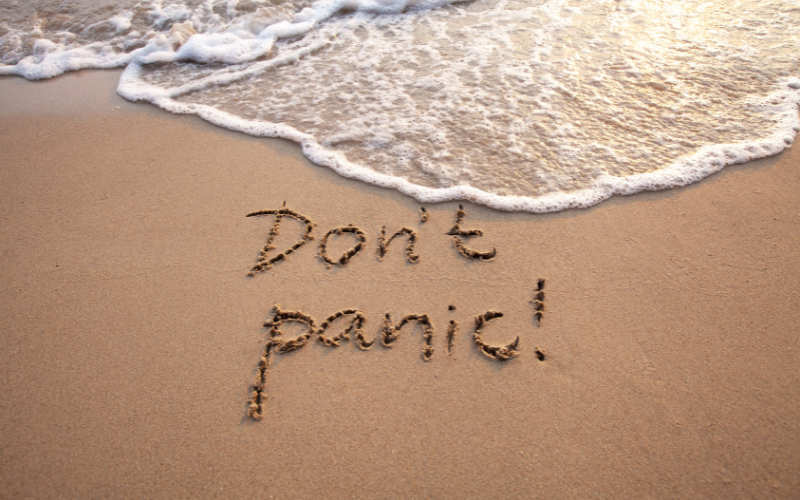
Conclusion
Panic attacks can be a frightening and debilitating experience, but they are treatable with therapy and medication. By understanding the causes and symptoms of panic attacks, as well as adopting healthy coping strategies, you can effectively manage and prevent panic attacks. If you experience recurring panic attacks, it’s important to seek professional help to develop an individualized treatment plan that meets your needs. Remember, you’re not alone, and with the right support, you can overcome panic attacks and live a happy, healthy life.
